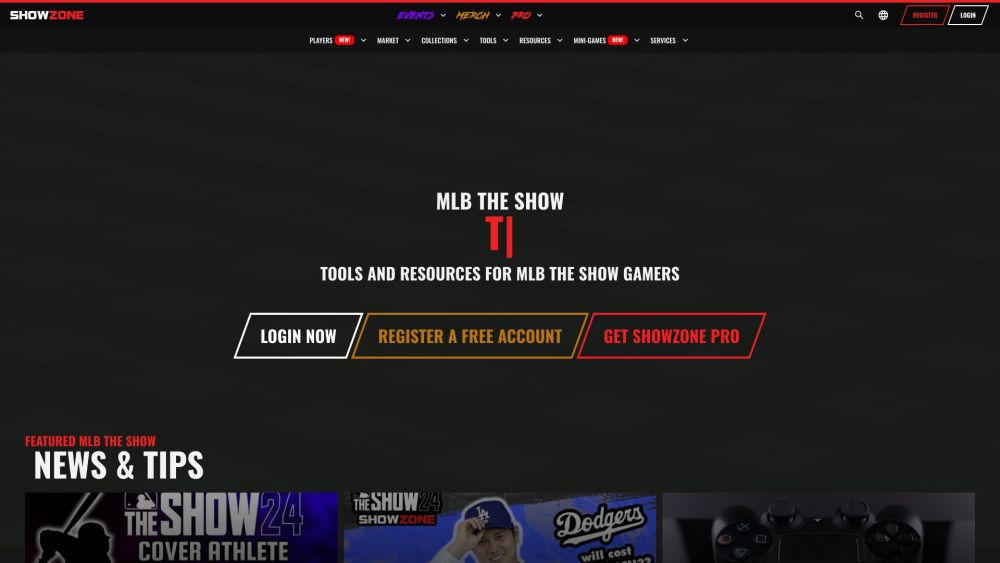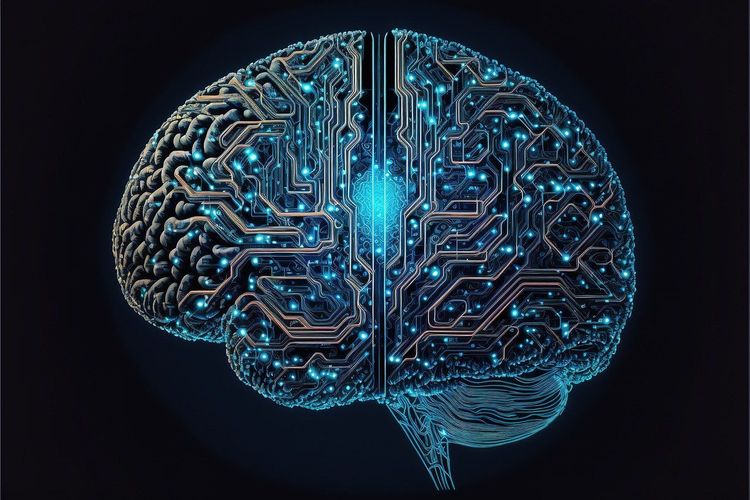OpenAI Collaborates with Politico and Axel Springer to Enhance News Content Training and Discovery
Most people like

In today's fast-paced digital landscape, businesses are increasingly turning to AI customer service solutions to enhance their customer support. These innovative technologies not only streamline operations but also deliver personalized experiences that meet the evolving expectations of consumers. By integrating AI-driven chatbots and virtual assistants, companies can resolve inquiries swiftly and efficiently, ultimately boosting customer satisfaction and loyalty. Join us as we explore the transformative advantages of AI in customer service and how it can elevate your business to new heights.

Introducing our AI-powered platform designed specifically for enterprise spend risk management. Streamline your financial oversight with advanced analytics and proactive risk mitigation, ensuring that your organization effectively manages expenditures while safeguarding against potential financial pitfalls. Enhance your decision-making processes and maximize profitability with our innovative solution tailored for today's competitive business landscape.

Discover the ultimate collection of tools and resources tailored specifically for MLB The Show players. Whether you're a seasoned veteran or a newcomer to the diamond, these resources will enhance your gameplay, strategy, and overall experience. Dive in to uncover tips, tutorials, and community insights that will elevate your skills on the field!

Unlock the power of a free AI tutor for personalized homework assistance. Whether you're tackling complex math problems, mastering science concepts, or refining your writing skills, our AI-driven platform is here to support your learning journey. Get real-time help and boost your academic performance with tailored guidance, all at no cost!
Find AI tools in YBX


